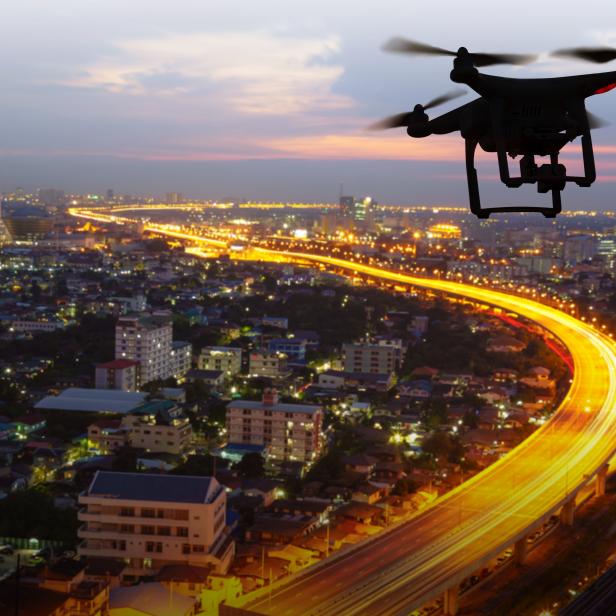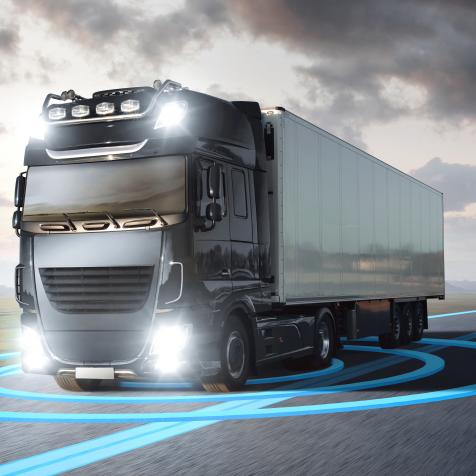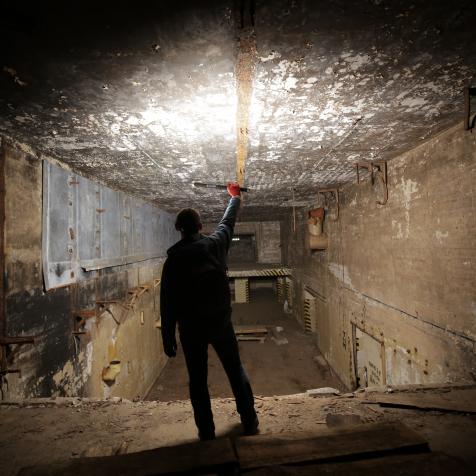
Naypong
World’s Largest Drone Superhighway Will Deliver Goods For Society
Drone deliveries will soon be a reality as the world's first automated superhighway is slated to begin operations in the UK by mid-2024.
Skies over middle England have become part of the world’s largest drone superhighway as government and industry joined forces to upgrade the nation’s aviation sector. UK authorities agreed to link up airspace between towns and cities along a 165-mile corridor that will allow drones to fly unpiloted across the Midlands and southern England.
Project Skyway is part of a $330 million (£273 million) aerospace investment by the UK government, which includes autonomous drone deliveries of mail and medical supplies, as part of a transition to low carbon flight technologies. Urban centers are connected in a T-shaped network that includes Reading, Oxford, Milton Keynes, Cambridge, Rugby, and Coventry.
Leading the project is unmanned aerial traffic management specialist Altitude Angel, whose ARROW technology will allow drones to fly beyond visual line of sight without colliding or endangering other aircraft. Drones will operate autonomously at altitudes up to 400 feet in a five-mile (eight-kilometer) wide corridor, with a north and south lane automatically tracked and fed air traffic control data using tower-mounted sensors.
The company says noise from drones at 400 feet will be barely perceptible and the width of the corridor will ensure that craft are spread out so they do not cause a disturbance. More importantly, it says, is what Skyway will do for society, as analysts predict that drones could be worth $54 billion (£45 billion) to the UK economy by 2030. Globally, the commercial drone market is forecast to hit $500 billion.
Drone deliveries across Britain will include mail and packages, food, medical test kits, vaccines, and blood. Coventry University and others are working in partnership to develop regional and national medical delivery networks that connect hospitals and health clinics. Around 2.5 million units of blood are processed and distributed in the UK annually, and drone flights will help to shrink the 17 percent of domestic carbon dioxide emissions from heavy goods vehicle deliveries each year.
Trials carried out in 2021 also tested autonomous drone capability for assisting the emergency services during road traffic accidents and in search and rescue missions, as well as for inspecting energy, telecoms, and transport infrastructure.
CEO and founder of Altitude Angel, Richard Parker called Skyway the UK’s most ambitious transport project since its rail network was built in the 18th century. “Drones have the potential to transport goods in a way our ancestors could never have imagined, but would surely have understood,” he said. “Using this technology as its foundation, we can create networks spanning the length and breadth of Britain.”
Delivery services have been quietly ramping up around the world for some time. Fixed-wing drone operator Zipline launched blood deliveries in Rwanda in 2016 and teamed up with Walmart in November 2021 to air freight healthcare products in Arkansas. The company says its drones have made more than 275,000 commercial flights.
New York State is also ramping up funding to conduct test flights in a 50-mile drone corridor between Rome and Syracuse. While transportation departments in Alaska, New York, and North Carolina are using drones to monitor and inspect road and rail networks, including mapping and creating 3D models to detect structural faults. Alaska alone conducts an average of 8-12 bridge inspections each day. Nations are steadily working towards a future where robotic flight is an everyday activity.

















